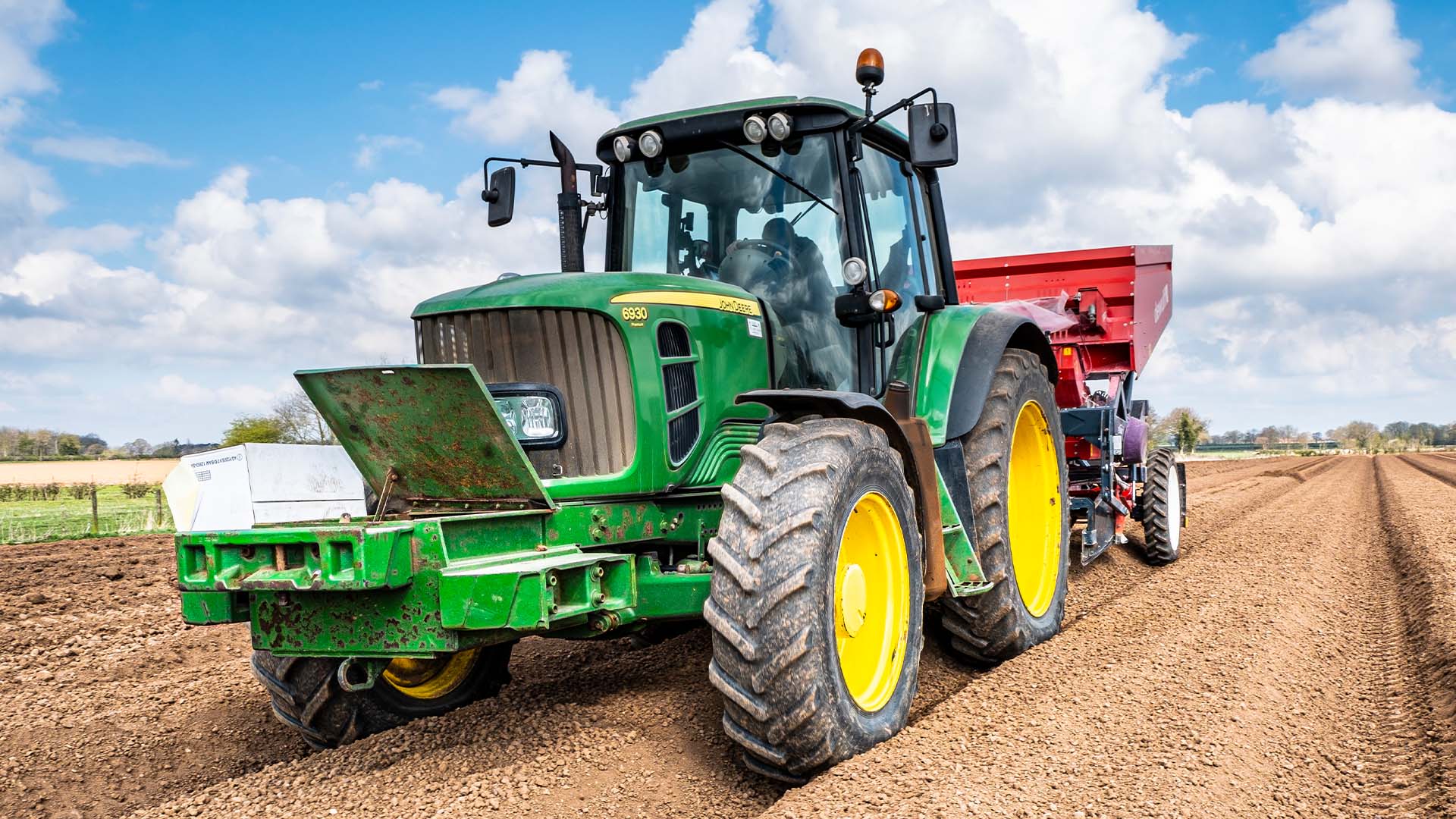

United States farmers have fought John Deere hard over the right to repair their six-figure pieces of equipment. For years, the ag manufacturer has set up software locks that can only be disabled by authorized dealers, often resulting in more downtime and higher costs for owners. That’s changing with a memorandum of understanding signed by both John Deere and the American Farm Bureau Federation lobbying group Sunday, though it’s not without a backdoor should things go sideways.
The agreement ensures farmers and their preferred shops have access to the necessary tools to diagnose and repair their equipment, so long as its intellectual property is safeguarded. All factory safety features must be retained as well as emissions controls, which has been an area of concern as owners want more power from their machinery.
“It addresses a long-running issue for farmers and ranchers when it comes to accessing tools, information, and resources, while protecting John Deere’s intellectual property rights and ensuring equipment safety,” AFBF President Zippy Duvall said in a statement.
Farmers notably resorted to hacking their equipment around the aforementioned software locks. It made headlines worldwide given how much money was on the line, not only in terms of repairs but also outright costs if a tractor or combine bricked in the process. Indeed, the farm machines are huge investments for agriculturists, and it’s crucial that they remain operational as often as possible to make that money back.
According to a report by the Public Interest Research Group, there is only one John Deere dealer for every 12,018 farms in the United States.
“In agriculture, we run things ’til they’re dead, and then we run them a little bit more after that,” farmer Tom Schwarz told Freethink in 2021. “We don’t dispose of things on the farm. We keep ’em running forever. It’s important to us as farmers in order to keep our costs down that when we buy something, we need to run it a long time to make it pay out.”

This MoU can and likely will be washed away if the AFBF pushes for state or federal right-to-repair legislation. That’s what Deere is looking to avoid, like so many other manufacturers, whether they build cars or smartphones. Should any laws be put in place that further restrict Deere’s control over the process, it can pull out of the agreement and act alone.
For now, the understanding should dissolve tension between farmers, John Deere, and others across the ag industry. It’s a step forward to ensuring the right to repair, but it’s far from a guarantee they won’t be battling big manufacturers again down the road.
Got a tip or question for the author? Contact them directly: caleb@thedrive.com